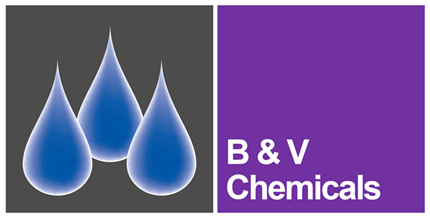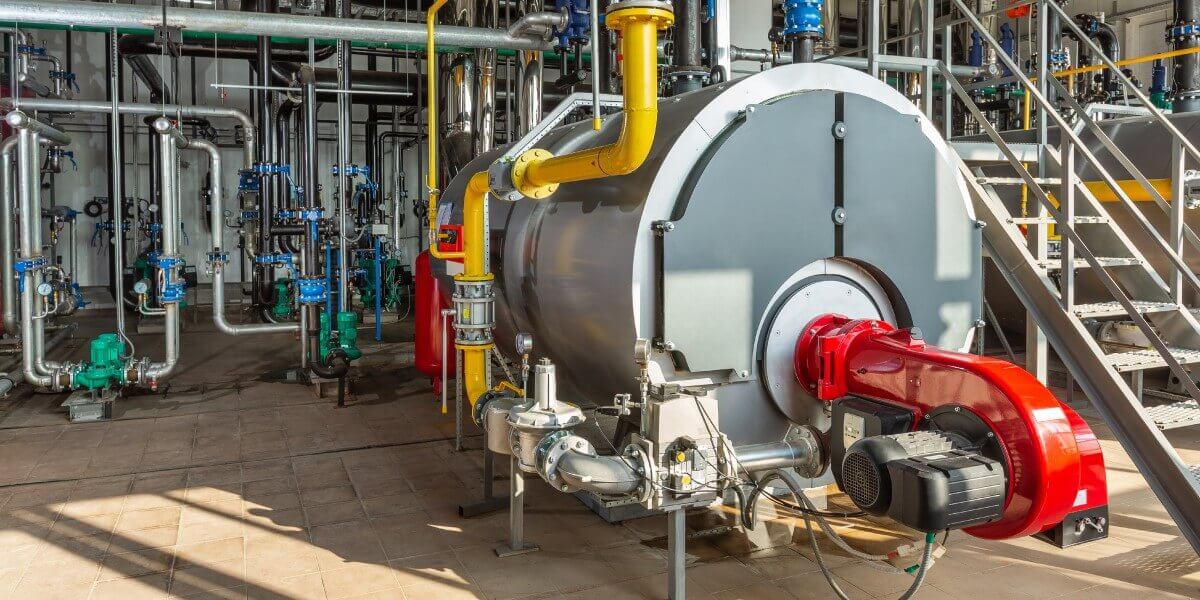This blog will be the first in a series of blogs covering a wide range of topics relating to steam boiler water treatment.
As with anything, we are starting at the very beginning, ‘ a very good place to start’, with an outline of why we use chemical treatment products in steam boiler systems.
Why optimal performance of steam boilers is paramount
Steam boilers should be operating at design rates and as cost-effectively as possible for long periods of time without mechanical failure. This optimises production planning and minimises maintenance costs whilst, hopefully, eliminating unplanned outages and ensuring the boiler is operating safely as well as reliably. The correct chemical treatment should ensure optimal performance.
Whilst water is generally considered abundant, clean and free (after all, it falls from the sky), these are absolute untruths from an industrial boiler point of view. If water were fed from a river, pond or roof run-off into an industrial boiler, it would probably fail in a matter of hours, necessitating major repairs.
Factors impacting performance
The problem is that water is an excellent solvent – it dissolves minerals and gases (think of limestone caves and life living in water). These materials then precipitate or attack the metal of boilers to interfere with heat transfer and fluid flow or lead to equipment failure.
To counter this and yield lifetimes of more than 30 years, we need to control three discernible factors of the chemistry:
- Scaling - The deposition of sparingly soluble compounds (mainly of calcium), usually as hard, crystalline materials on exchanger surfaces, which interfere with heat transfer and fluid flow. This is mainly caused by calcium salts in the feed.
- Fouling - The accumulation of suspended matter, usually as deposits in low-flow areas, which interfere with heat transfer and fluid flow. This can be corrosion debris (iron) or calcium salts in the feed.
- Corrosion - The dissolution of refined materials (ie plant) to oxides (rust), resulting in early and unpredictable failures of plant and equipment. This is caused by acid, alkali or oxygen.
The rationale for using steam boiler water treatment chemicals
The objectives for treating the steam boilers with chemicals are as follows:
- To eliminate dissolved oxygen in the feed system and boiler to prevent oxygen-induced pitting corrosion mechanisms.
- To minimise corrosion to avoid direct failure and the associated deposition of the corrosion products as foulants, dirtying the boilers and potentially leading to reduced heat transfer or local departures from nucleate boiling, resulting in on-load failure of the equipment.
- To prevent scale formation, which will lead to reduced heat transfer or create local departures from nucleate boiling.
- To allow cost-effective operation of the boilers by operating at the highest cycles of concentration permitted by the feed-water quality and thus minimising the volume of blow down to optimise energy efficiency, water and chemical usage.
- To minimise corrosion of the condensate system and the associated deposition of the corrosion products as foulants.
- To provide the necessary treatment flexibility so that the potential impact of upset conditions can be effectively ameliorated.
Although we “treat” the boilers with chemicals – we need to know if those treatments are working or are applied at the right level, and for this, we need to test the water – and interpret those tests.
Further blogs will cover oxygen scavengers, dispersants, alkalinity, return line treatments, and analytical requirements for softened water boilers and demineralised water boilers. We’ll cover why tests are carried out and their importance, as well as the choice and use of boiler water standards.





